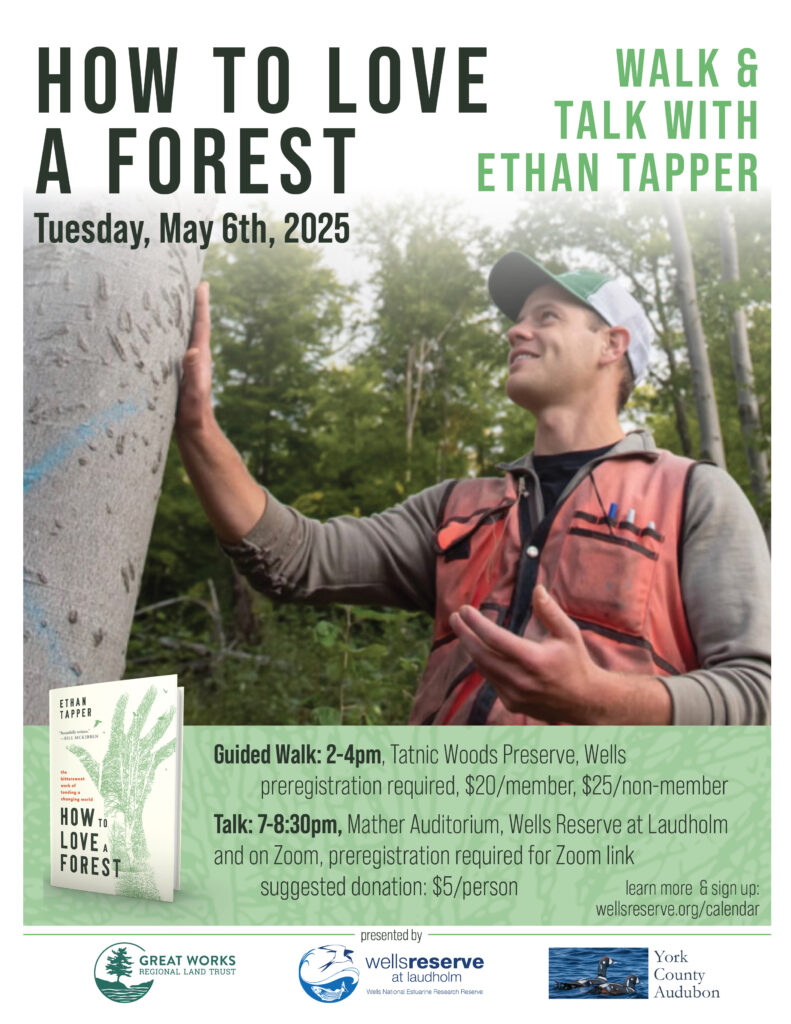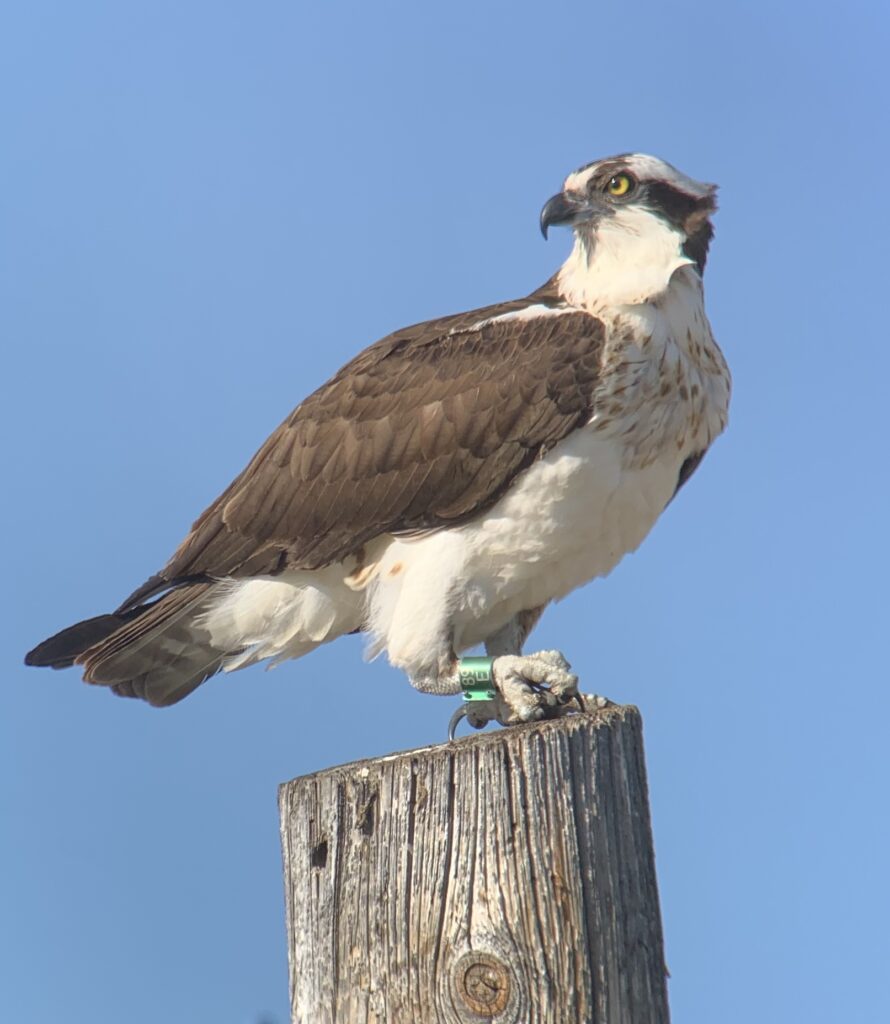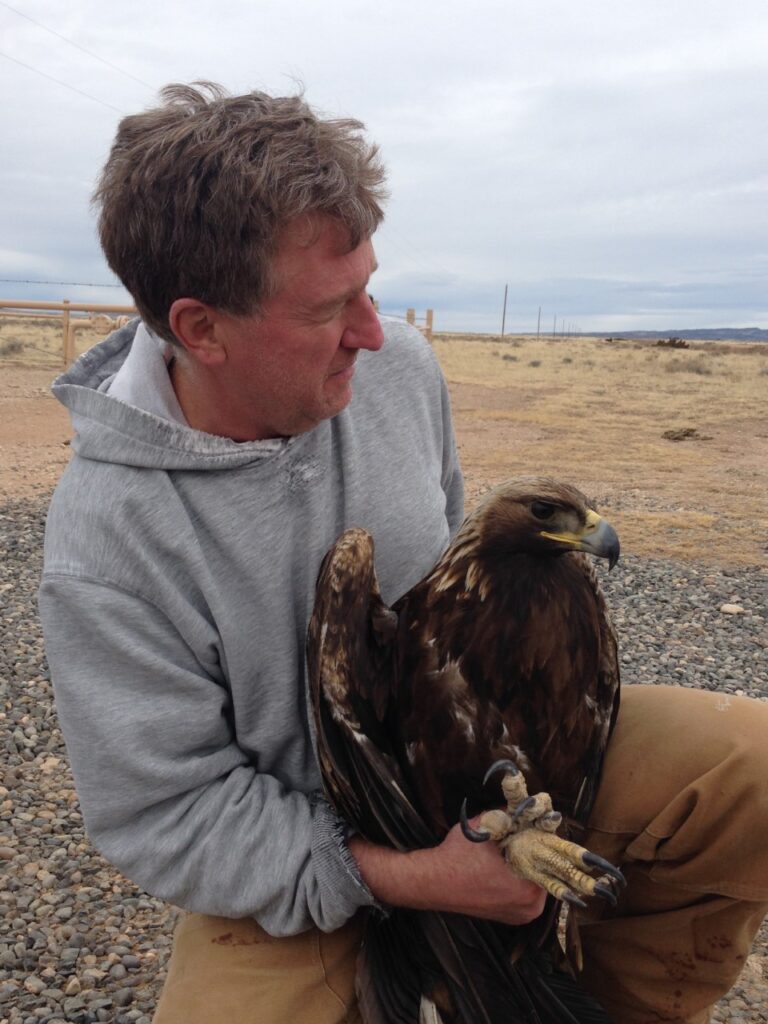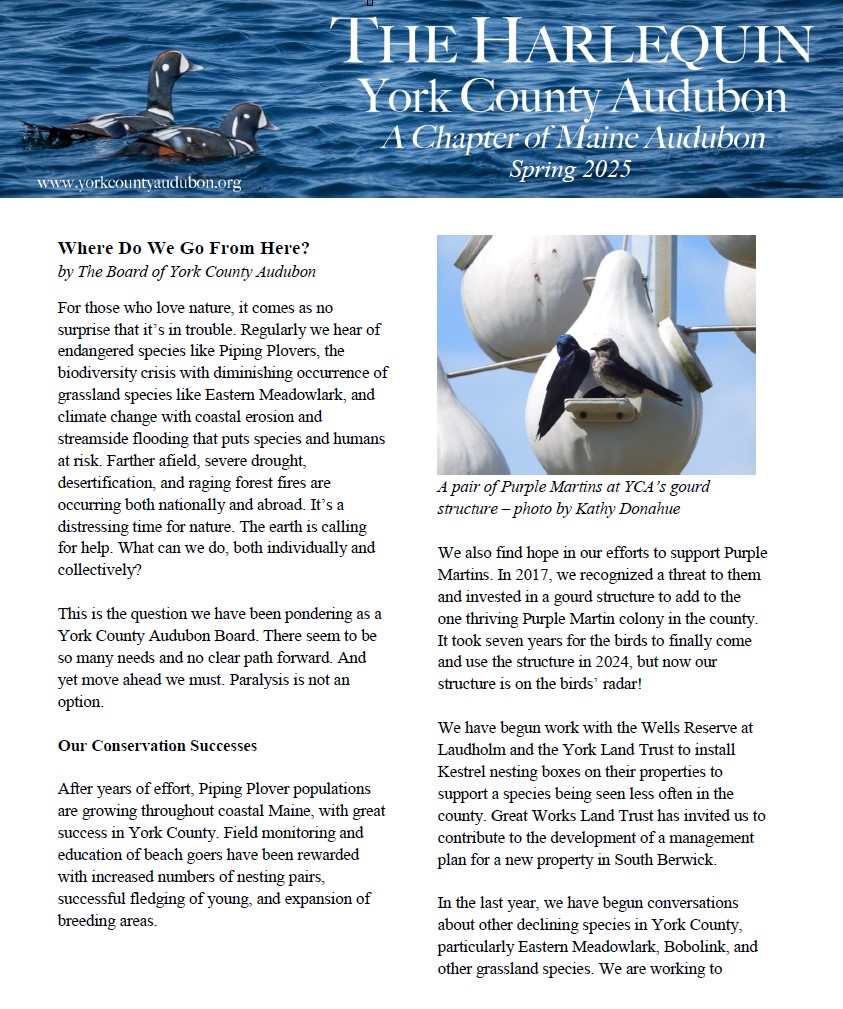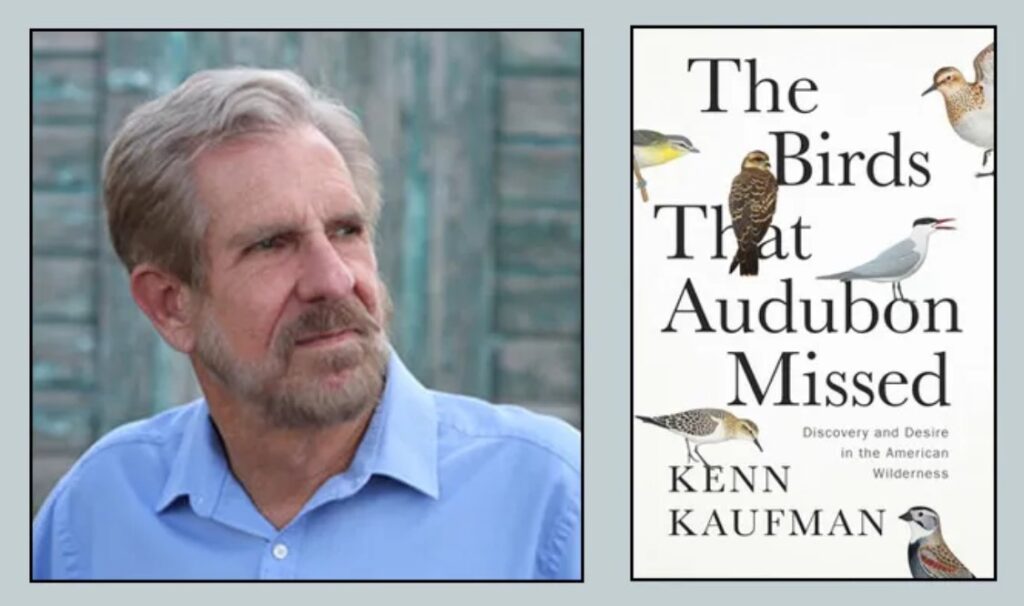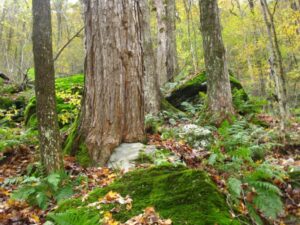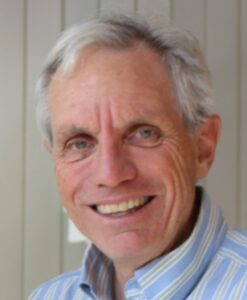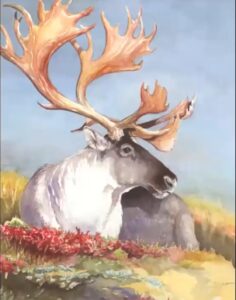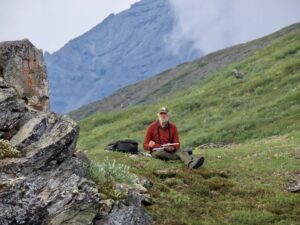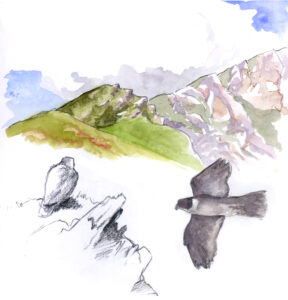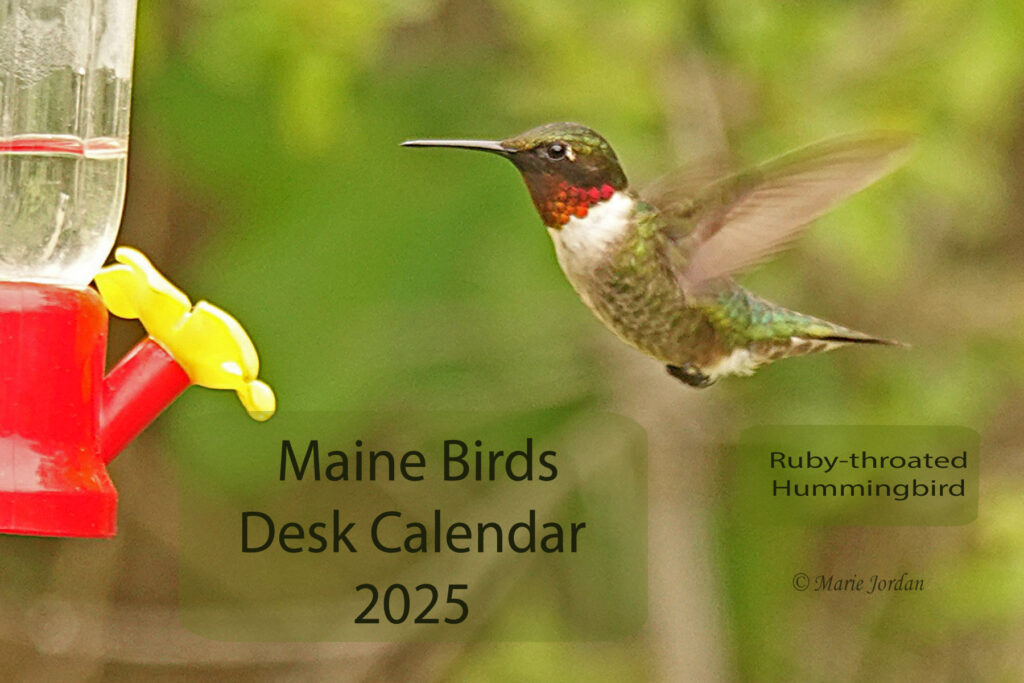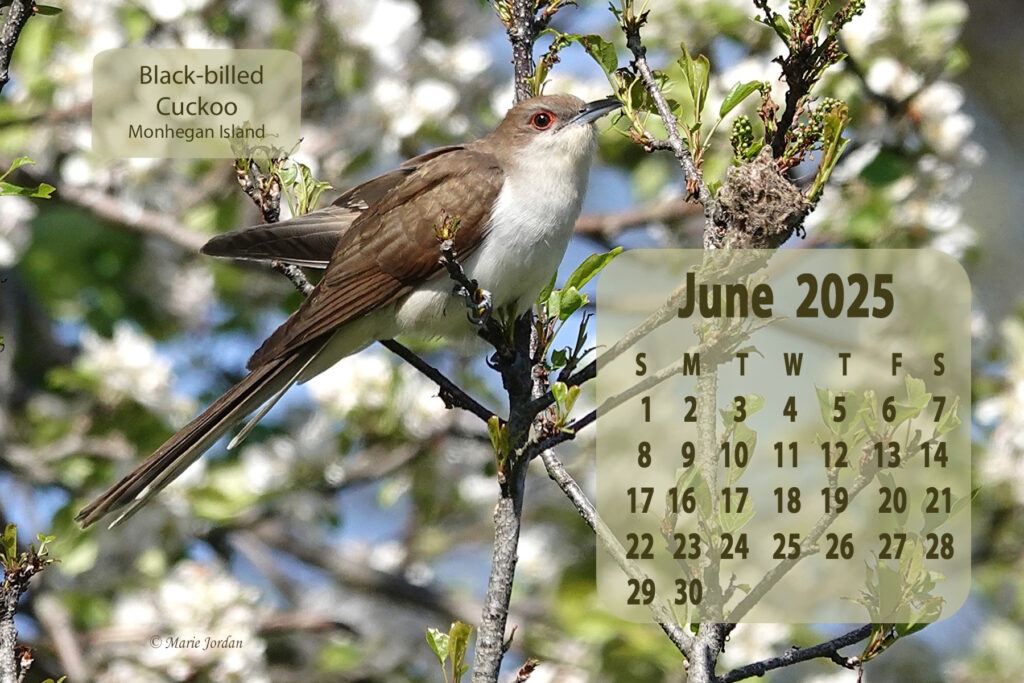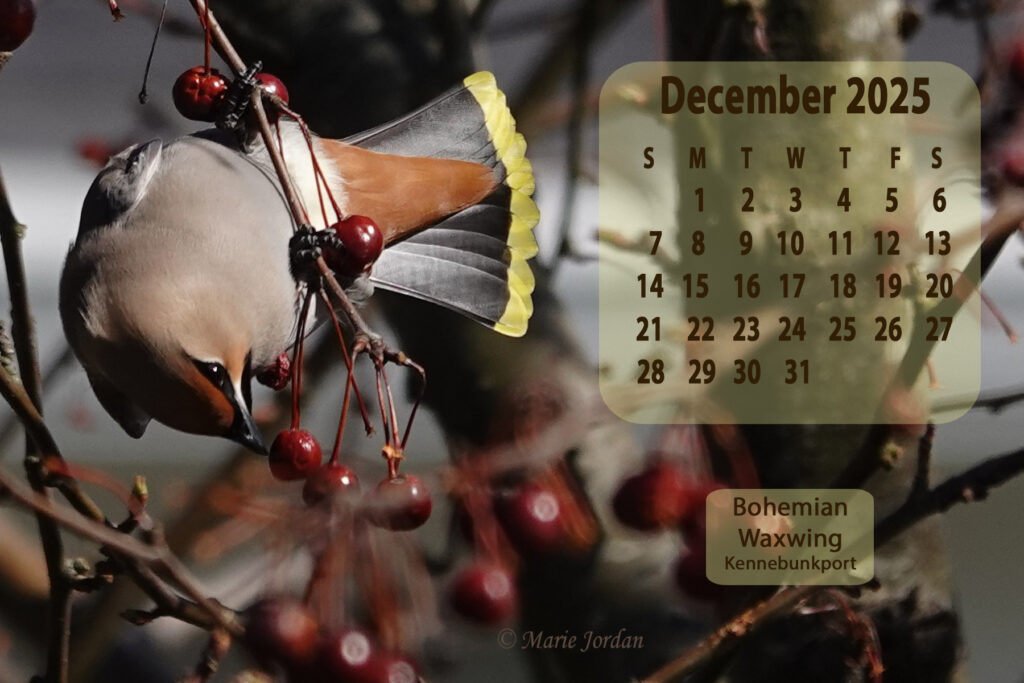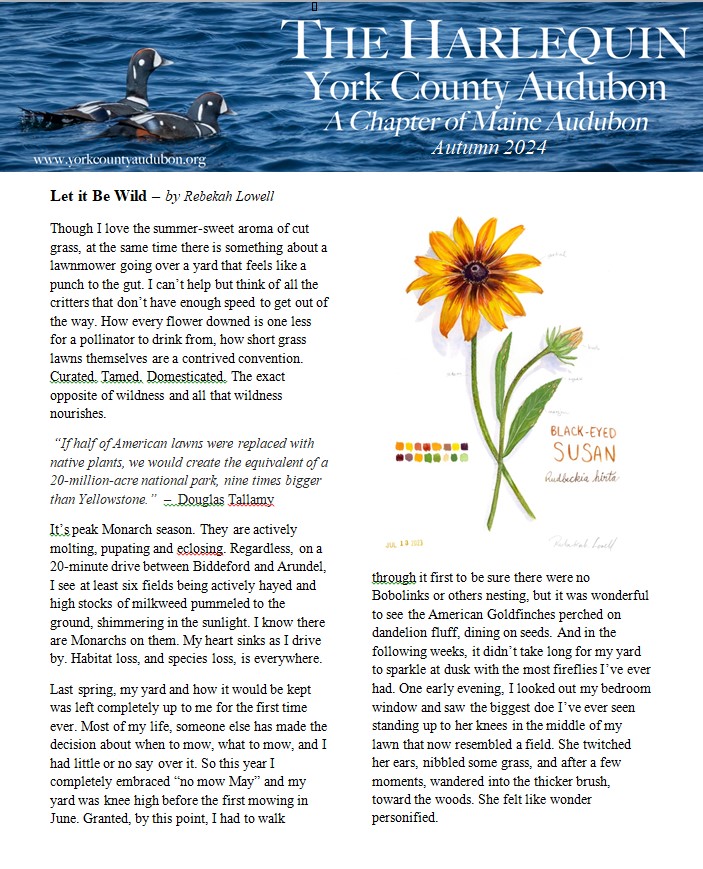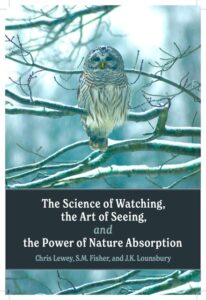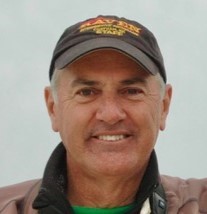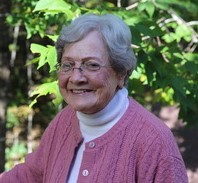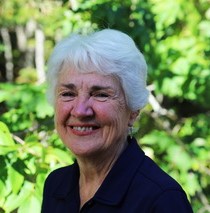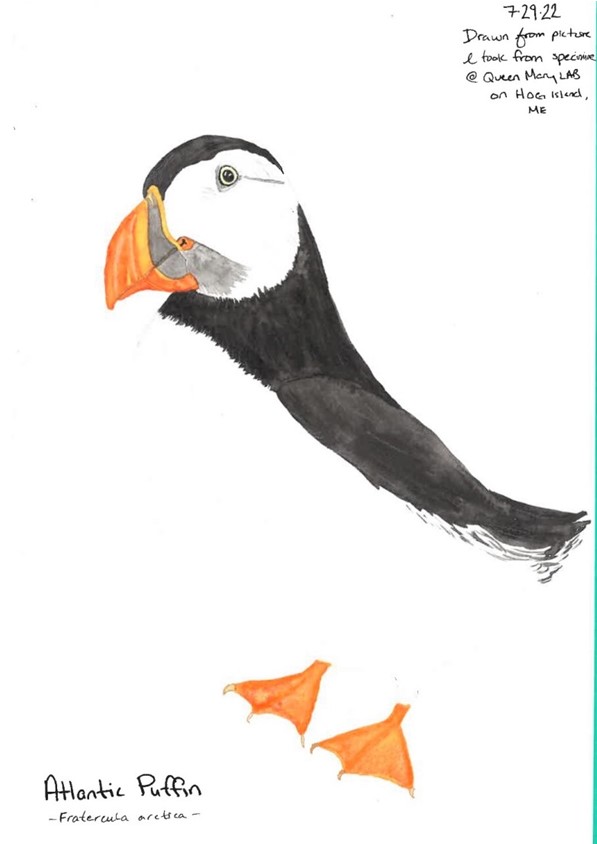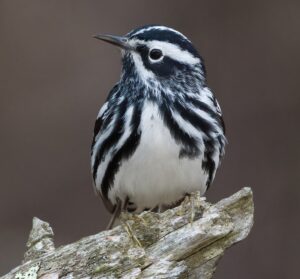
Curious to know more about what birds can be found in York County? Birding close to home or where you often visit is an amazing way to deepen your understanding and curiosity about the world around you. Plain and simple, York County is a spectacular place to bird!
In this program, we’ll talk about some of the incredible birds that visit York County from the far reaches of the globe and go on a visual tour to see some of them. We will also explore the seasonality of York County and how the birds change with the flow of the seasons specific to our area. Brit and friends will be discussing some of the recent local birding highlights, and will be using a wealth of local birding wisdom to tell you about the best birding hotspots, when to visit them, and what you can expect to see. There’s always something new to discover and learn from our local birding community.
Britney Fox Hover is a member of YCA’s Board, and an avid birder and photographer. She will be joined in this program by other Maine birders.
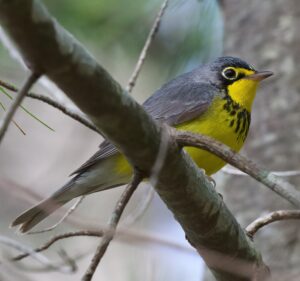
This program will be presented at 7 p.m. on Tuesday, May 20th in the Mather Auditorium at the Wells Reserve at Laudholm. It will be free and open to all ages, and no registration is required for attending the program in person. It will also be live-streamed via Zoom. To view it via Zoom, you’ll need to register in advance. To do so, please click on this link and enter your name and email address: https://us02web.zoom.us/webinar/register/WN_5yCXa5lxSLGwDNVtQgge0A
After registering, you will receive a confirmation email containing information about joining the meeting. We hope you can join us either in person, or, if not, via Zoom!

